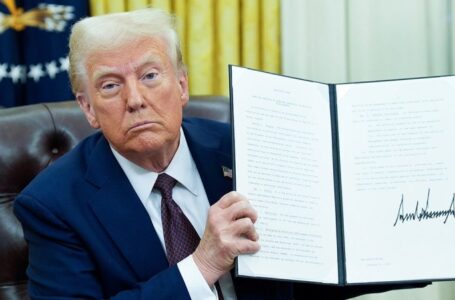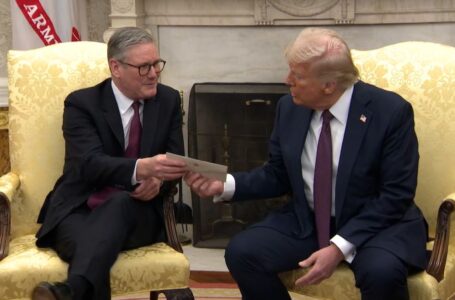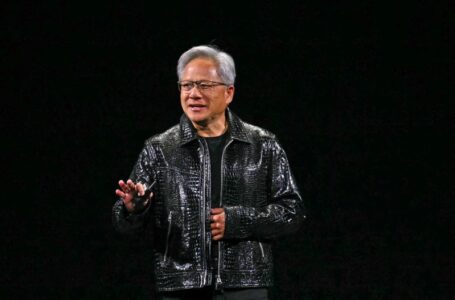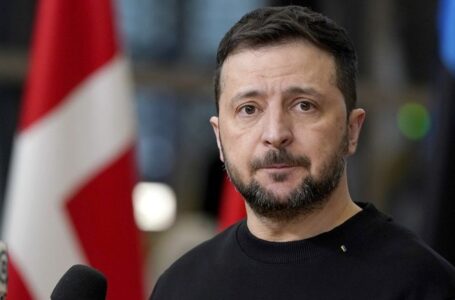Israeli former hostage recounts hearing, on his release, of wife and daughters’ deaths
N.Y. Fed President John Williams says inflation is too high but will start coming down soon
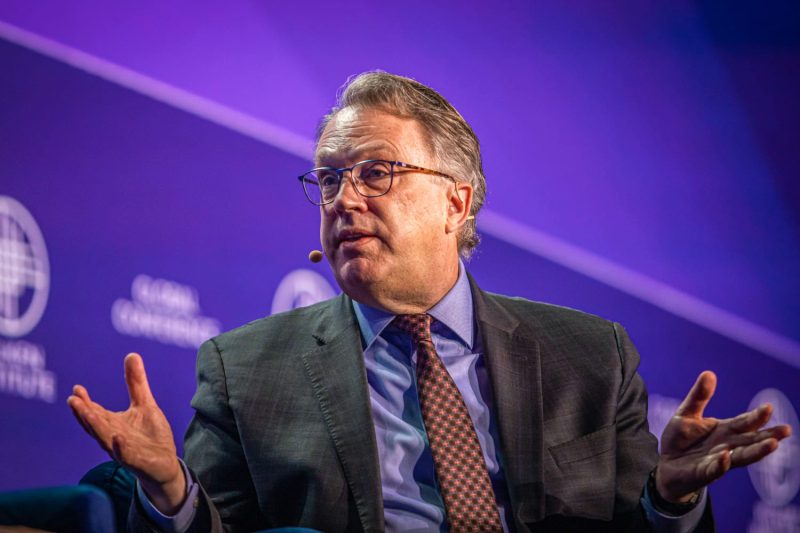

New York Federal Reserve President John Williams on Thursday said inflation is still too high, but he is confident it will start decelerating later this year.
With markets on edge over the direction of monetary policy, Williams offered no clear indication of his position on possible interest rate cuts. Instead, he reiterated recent positions from the central bank that it has seen a “lack of further progress” toward its goals as inflation readings have been mostly higher than expected this year.
“The honest answer is, I just don’t know,” Williams said during a Q-and-A session with CNBC’s Sara Eisen before the Economic Club of New York. “I do think that monetary policy is restrictive and is bringing the economy a better balance. So I think at some point, interest rates within the US will, based on data analysis, eventually need to come down. But the timing will be driven by how well you achieve your goals.”
Williams called the policy “well-positioned” and “restrictive” and said it is helping the Fed achieve its goals. Regarding potential rate hikes, he said, “I don’t see that as the likely case.”
Earlier this year, markets had expected aggressive rate cuts from the Fed this year. But higher-than-expected inflation readings have altered that landscape dramatically, and current pricing is pointing to just one decrease, probably in November.
“With the economy coming into better balance over time and the disinflation taking place in other economies reducing global inflationary pressures, I expect inflation to resume moderating in the second half of this year,” Williams said. “But let me be clear: Inflation is still above our 2% longer-run target, and I am very focused on ensuring we achieve both of our dual mandate goals.”
For nearly a year, the Fed has been in a holding pattern, keeping its benchmark borrowing rate between 5.25% and 5.5%, the highest in more than 23 years.
The Fed is seeking to keep the labor market strong and bring inflation back to its 2% target. Most inflation indicators are near 3% now, and a key reading from the Commerce Department is due Friday.
Inflation as measured through the Fed’s preferred yardstick — the personal consumption expenditures price index — is expected to come in at 2.7% for April, according to the Dow Jones estimate. Williams said he expects PCE inflation to drift down to 2.5% this year on its way back to 2% in 2026.
“We have seen a great deal of progress toward our goals over the past two years. I am confident that we will restore price stability and set the stage for sustained economic prosperity. We are committed to getting the job done,” he said.


